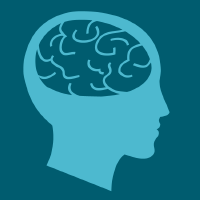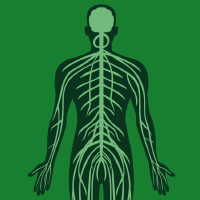Neurorehabilitation in Movement Disorders and Neurodegenerative Diseases
Topic Information
Dear Colleagues,
Neurorehabilitation (NR) is conventionally thought of as a suite of therapies intended to aid recovery from neurological injury. However, recent evidence shows that NR may also mitigate the effects of, or perhaps slow the progression of, movement disorders and neurodegenerative diseases. This Issue will outline the new evidence that multiple modes of therapy can serve as effective interventions. Physical therapy may improve motor function. Occupational therapy may improve the capacity for activities of daily living. Speech therapy may not only enhance productive and receptive language but also address dysarthria and dysphagia. Cognitive rehabilitation has been shown to be effective in improving working memory and may also improve attention, concentration, and problem solving. Therapies that employ the arts, such as music and dance, appear to have beneficial effects. New technologies are also finding applications in NR, including virtual reality and transcranial magnetic stimulation. It remains unclear to what extent NR therapies offer practical workarounds for neuropsychiatric impairments versus actually modifying the course of an underlying disorder. However, the possibility exists that some forms of NR have salutary effects on pathophysiology: evidence is emerging that the mechanism of efficacy may be related to the enhancement of neural plasticity.
Dr. Jeff Victoroff
Dr. Neil Archibald
Topic Editors
Keywords
- neurorehabilitation
- movement disorders
- neurodegeneration
- Parkinson’s disease
- Alzheimer’s disease
- virtual reality
- repetitive transcranial magnetic stimulation
Participating Journals
| Journal Name | Impact Factor | CiteScore | Launched Year | First Decision (median) | APC | |
|---|---|---|---|---|---|---|

Brain Sciences
|
3.3 | 3.9 | 2011 | 15.6 Days | CHF 2200 | Submit |

Journal of Clinical Medicine
|
3.9 | 5.4 | 2012 | 17.9 Days | CHF 2600 | Submit |

Neurology International
|
3.0 | 2.2 | 2009 | 23.3 Days | CHF 1600 | Submit |

MDPI Topics is cooperating with Preprints.org and has built a direct connection between MDPI journals and Preprints.org. Authors are encouraged to enjoy the benefits by posting a preprint at Preprints.org prior to publication:
- Immediately share your ideas ahead of publication and establish your research priority;
- Protect your idea from being stolen with this time-stamped preprint article;
- Enhance the exposure and impact of your research;
- Receive feedback from your peers in advance;
- Have it indexed in Web of Science (Preprint Citation Index), Google Scholar, Crossref, SHARE, PrePubMed, Scilit and Europe PMC.


